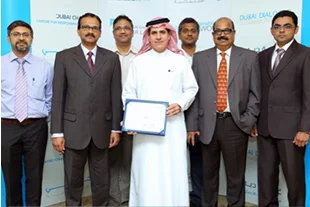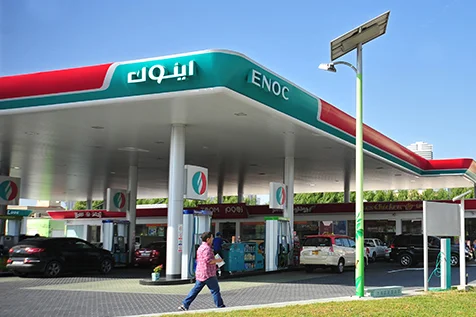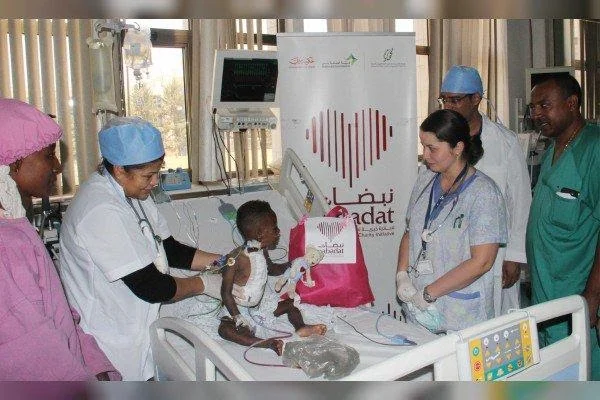Sustainability in operations |Emirates’ policy of investing in the most eco-efficient technology
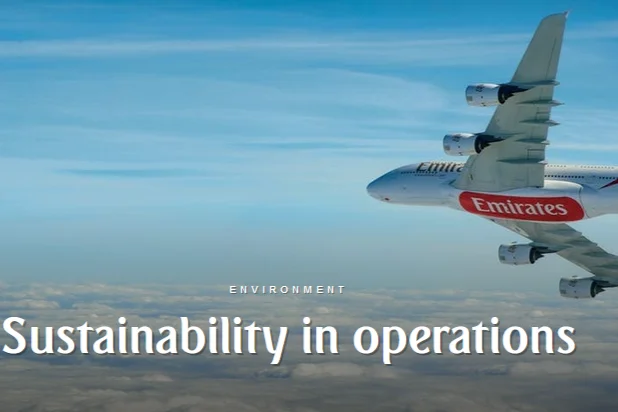
The greatest proportion of our carbon emissions come from the consumption of jet fuel, so our selection of aircraft and how we operate present the best opportunities for reducing our environmental impact. And with jet fuel comprising one of our largest areas of expenditure, fuel efficiency is essential to every part of the business.
Emirates’ policy of investing in the most modern, eco-efficient technology available means we have one of the youngest fleets in the industry. The environmental benefits of operating a modern wide-body fleet include both reduced noise and lower engine emissions. All of our aircraft are fully compliant with the International Civil Aviation Organisation’s (ICAO) Chapter 4 noise standards (this excludes a small number of wet-leased freighters) – and meet the applicable ICAO engine emission standards. Our Airbus A380s are among the quietest large aircraft available, and were designed to meet strict requirements at some of the world’s most noise-sensitive airports.
Emirates Engineering ensures that our aircraft are performing at their optimum level at all times. And our engine washing procedures keep internal engine components clean, maintaining fuel-efficient performance and prolonging the useful life of the engine. We also regularly clean our aircraft with a water-saving ‘drywash’ procedure, which uses a small amount of cleaning agent applied with cloths.
This procedure saves thousands of litres of water each wash, and having a clean aircraft exterior helps to reduce fuel consumption and emissions by making the aircraft lighter and more aerodynamic. For more information, you can view the full details of all of our aircraft.
Saving fuel inflight begins with planning on the ground. We’ve invested in one of the best flight planning systems available, to carefully plan flights and optimise routes based on each day’s weather conditions, airspace constraints and the specific aircraft allocated for each sector. Once airborne, our flight crew take advantage of opportunities to save fuel and emissions where practicable and supported by air traffic control.
Examples include continuous climbs and descents, and inflight rerouting on long-haul flights to take into account shifting winds. On landing, our pilots use idle reverse thrust (instead of full reverse thrust) and switch off one engine while taxiing where it is safe and practicable to do so. We prioritise the use of ground power and pre-conditioned air where it is available so that the aircraft’s auxiliary power unit – a small jet turbine located at the rear of the aircraft – can be switched off. All of these measures help to save fuel and emissions, as well as to cut down on noise.
Emirates is supportive of efforts around the world to improve the efficiency of air traffic management and to provide more flexibility on flight routes. Our flight operations specialists collaborate with air traffic control organisations internationally to deliver more efficient routes and operational procedures, applying the latest in technology to support these enhancements.
Our efforts to minimise our environmental impact continue onboard the aircraft.
Our Economy Class blankets on long-haul flights are made from 100% recycled plastic bottles. Each blanket is made from 28 bottles, which have been chipped, spun into yarn, and woven into the soft, warm and sustainable blankets. Using these blankets both prevents the plastic bottles ending up in landfill, and saves energy and emissions in the manufacturing process compared with using new plastic materials.
Cutting down on unnecessary weight carried helps us to save fuel. For example, we use lightweight cargo containers, and optimise the amount of potable water loaded for each flight based on the planned passenger load and distance to fly.
Emirates spends billions of US dollars on fuel each year, so naturally we are monitoring the development of biofuel technology with great interest. We look forward to the development of biofuels that are technically safe, cost competitive, and truly sustainable, with a viable supply chain in place from feedstock to the aircraft.
 Algeria
Algeria Bahrain
Bahrain Comoros
Comoros Djibouti
Djibouti Egypt
Egypt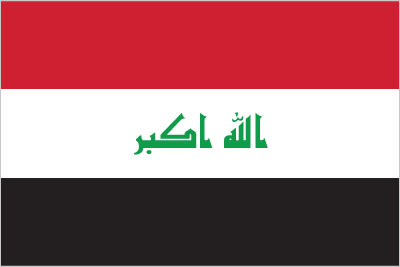 Iraq
Iraq Jordan
Jordan Kuwait
Kuwait Lebanon
Lebanon Libya
Libya Mauritania
Mauritania Morocco
Morocco Oman
Oman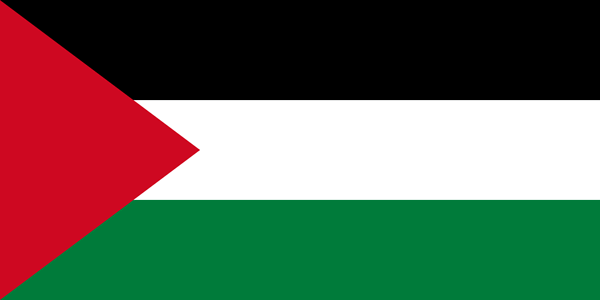 Palestine
Palestine Qatar
Qatar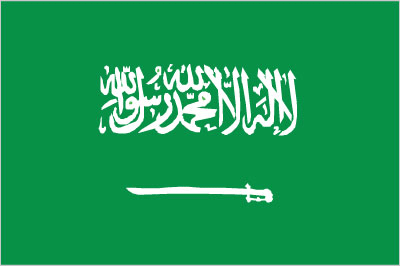 Saudi Arabia
Saudi Arabia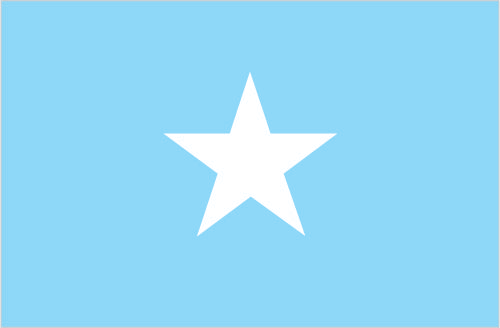 Somalia
Somalia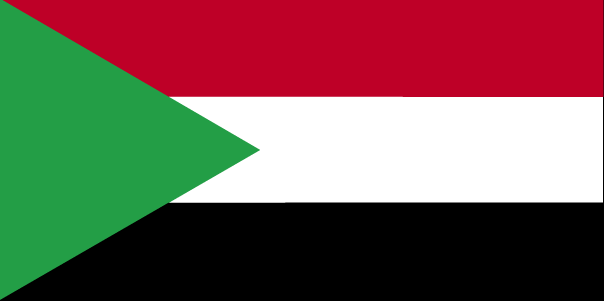 Sudan
Sudan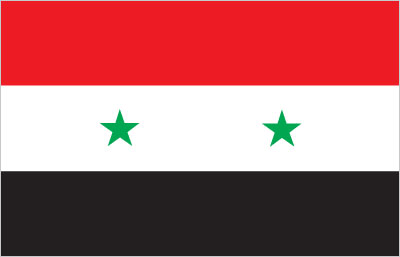 Syria
Syria Tunisia
Tunisia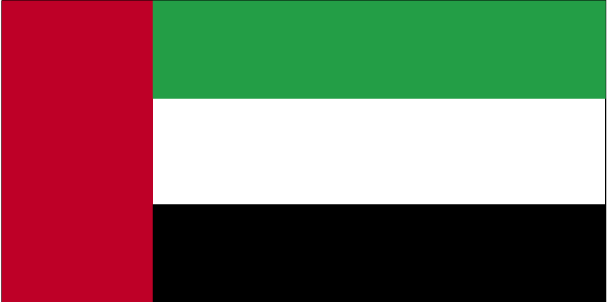 UAE
UAE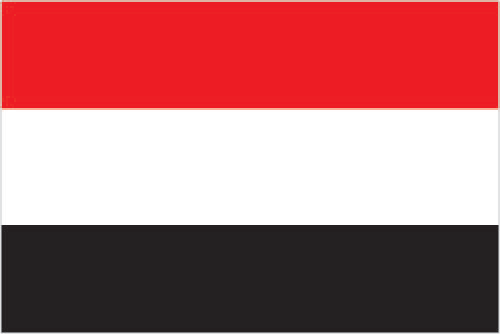 Yemen
Yemen